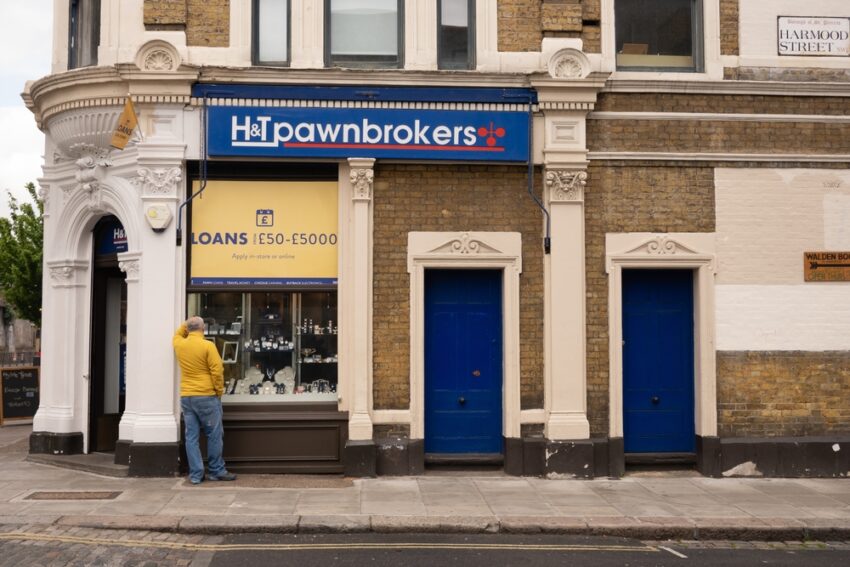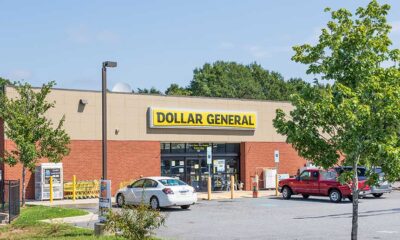Business
Entrepreneurs are turning to pawn shops as banks tighten business lending

As traditional banks tighten their lending criteria, a growing number of British entrepreneurs are turning to pawn shops to secure vital financing.
H&T, Britain’s largest pawnbroker, has reported a surge in the number of small business owners, including retailers and builders, pawning personal jewelery and watches to obtain loans.
Chris Gillespie, chief executive of H&T, which operates 282 stores in the UK, highlighted that many small business owners are finding it increasingly difficult to obtain loans from traditional banks. This has prompted them to seek alternative financing options, with pawn shops becoming a popular choice. “We have seen a noticeable increase in retailers and builders using our services due to the lack of funding from other sources,” Gillespie said.
These loans are often used to cover essential business expenses such as purchasing shares, purchasing materials or even paying VAT bills and wages. Gillespie noted that a significant portion of H&T’s clients come from ethnic minorities, particularly the Asian community and Eastern Europeans, who are more familiar with pawnbroking as a mainstream financial practice.
The average item pledged to H&T is valued at around £200, with loans typically less than that amount. However, there has been a noticeable increase in larger loans, with around 18% of H&T’s loan book now consisting of loans of £5,000 or more. Entrepreneurs are increasingly promising valuable items, such as Rolex watches and expensive jewelry, to secure these larger amounts.
“The banks are more reluctant to grant loans than before,” Gillespie explains. “They won’t lend you money against your watch and often demand personal guarantees or fees for your home. Overdraft is also more difficult to obtain these days.”
This shift follows years of stricter lending criteria from banks, which have moved away from riskier, unsecured lending in favor of simpler corporate loans. When unsecured loans are available, they often come with strict terms and conditions that make business owners personally liable for their debts.
The decline in alternative lending options has also contributed to the increase in pawnshop activity. The Financial Conduct Authority’s crackdown has led to the closure of several door-to-door and controversial payday lenders, pushing more customers towards pawn shops like H&T.
H&T’s pledge book rose to £105m for the six months ending June, up from £101m in December. The company’s revenues rose 11% year-on-year to £55.8 million, while pre-tax profits rose 12.5% to £9.9 million. Sales of jewelery and watches also saw a significant increase, rising 27% to £29.3 million compared to the same period last year.
H&T was founded 125 years ago and continues to adapt to changing market demands. In response to increasing weekend shopping habits, the company is piloting Sunday shopping hours in 10% of its stores to meet increased demand.
As traditional financial options become more restrictive, pawnbroking is becoming a lifeline for entrepreneurs in need of fast, accessible financing, allowing them to maintain and grow their businesses in a challenging economic climate.









